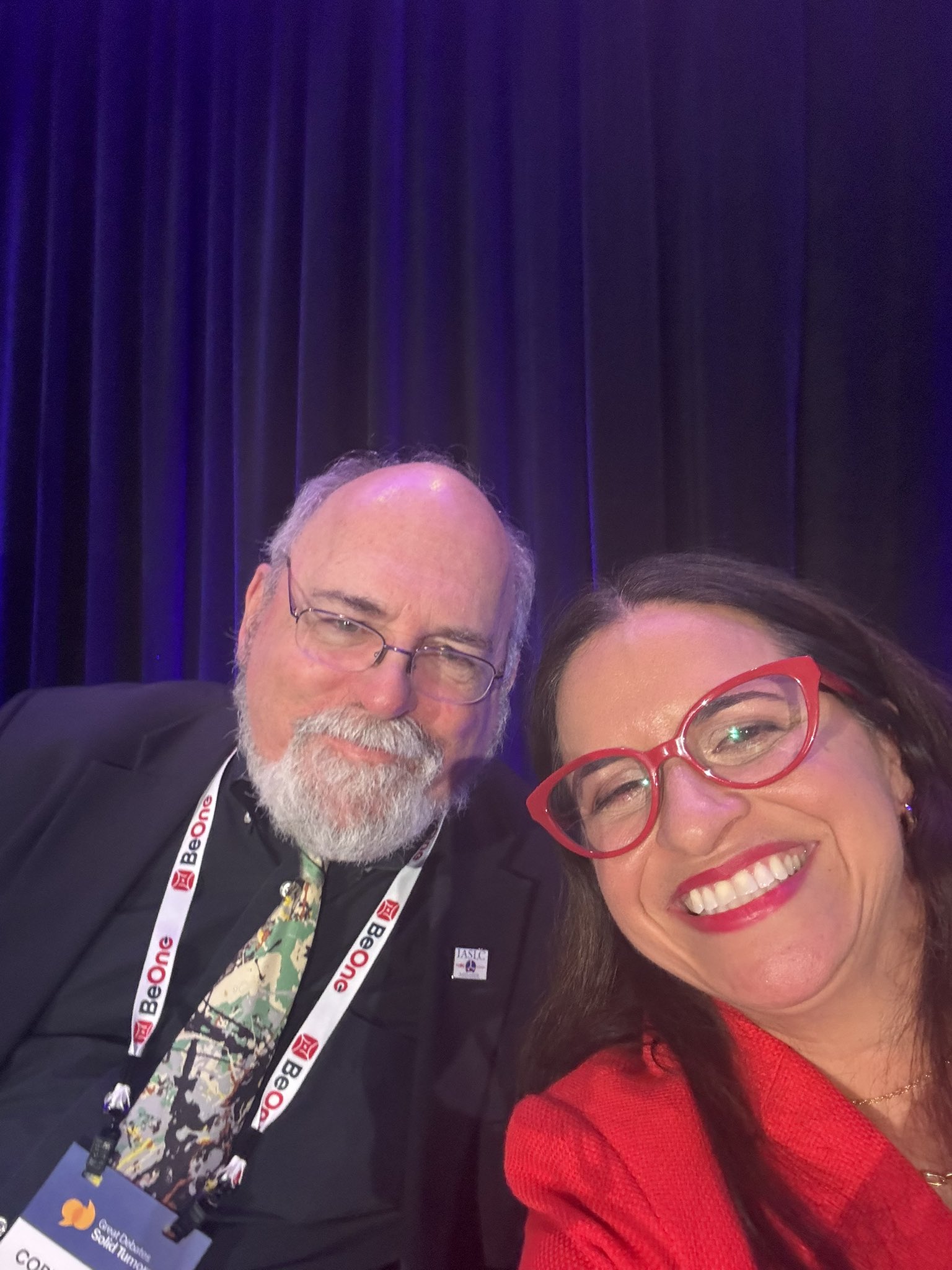Developer Offer
Try ImaginePro API with 50 Free Credits
Build and ship AI-powered visuals with Midjourney, Flux, and more — free credits refresh every month.
AI Poem Challenges High Cost Cancer Treatment Accessibility

In a novel blend of technology and medical discourse, a leading oncologist has turned to artificial intelligence to make a critical point about patient care in lung cancer treatment.
The Heart of the Debate SCLC Treatment Accessibility
Dr. Estela Rodriguez, Associate Director of Community Outreach at the Sylvester Comprehensive Cancer Center, recently engaged in a debate with Dr. Corey Langer regarding treatments for second-line Small Cell Lung Cancer (SCLC). The discussion centered on whether newer drugs, specifically lurbinectedin maintenance and tarlatamab, are suitable for the "average" patient.
Dr. Rodriguez argued that these advanced therapies are not a one-size-fits-all solution. She contends they are better suited for a select group of "fit patients" who can withstand the rigors of the treatment.
AI Enters the Medical Discourse
To counter the opposing argument, Dr. Rodriguez employed an unconventional tool: ChatGPT. As she shared in a recent post on X, she used the AI to help write a "victory-winning poem rebuttal." This creative approach aimed to highlight the real-world challenges that patients face.

Real-World Hurdles Cost and Side Effects
Dr. Rodriguez's position is grounded in the practical difficulties associated with these treatments. She points to several major barriers that prevent them from being viable for the average SCLC patient:
- Intensive Regimens: The ability to tolerate ongoing chemotherapy maintenance is a prerequisite that not all patients meet.
- Severe Side Effects: Potential toxicities like Cytokine Release Syndrome (CRS) and Immune effector Cell-Associated Neurotoxicity Syndrome (ICANS) are serious concerns.
- Prohibitive Cost: The high price of these innovative drugs places them out of reach for many, raising questions about equitable access to care.
Her use of AI in this context serves to underscore a crucial question in modern oncology: who truly benefits from the latest, most expensive treatments?
Compare Plans & Pricing
Find the plan that matches your workload and unlock full access to ImaginePro.
| Plan | Price | Highlights |
|---|---|---|
| Standard | $8 / month |
|
| Premium | $20 / month |
|
Need custom terms? Talk to us to tailor credits, rate limits, or deployment options.
View All Pricing Details

